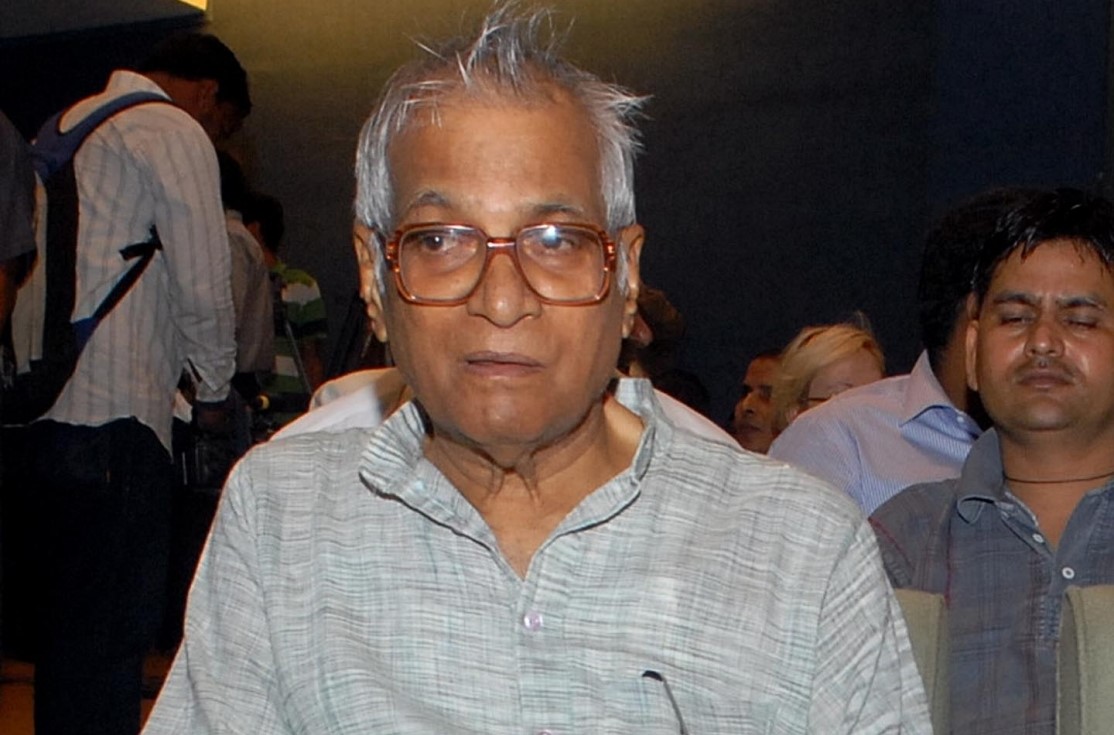George Fernandes: Leader with 'indomitable will' who always fought for workers right

- Country:
- India
Former comrades of 'Bandh Samrat' George Fernandes who had worked with the veteran socialist during the historic railway workers' strike in 1974 Tuesday remembered him as a "dynamic" leader with "indomitable will" who always fought for the rights of workers. Fernandes, 88, who served as the Defence Minister in the Atal Bihari Vajpayee government, died in Delhi Tuesday following a prolonged illness.
As the president of the All India Railwaymen's Federation (AIRF), Fernandes had led the massive 20-day strike in which an estimated 17 lakh workers of the Indian Railways had taken part. "George Fernandes was a dynamic leader with indomitable will," reminisced veteran union leader J R Bhosale, currently an office-bearer of the AIRF and the general secretary of Western Railway Employee Union (WREU). He had worked with Fernandes from 1973 to 1976.
Bhosale said Fernandes was a man of principles who never bowed before the authoritative mindset. He was not only the undisputed leader of railways but also of the Mumbai civic body, Bhosale said, adding the leader was equally popular among taxi and BEST (Brihanmumbai Electric Supply and Transport Undertaking) unions. "He always fought for the marginalised sections of the society," the trade union leader said.
Bhosale said people used to love Fernandes' speeches that galvanised various sections of the society. "He was the master of spearheading industrial movements and strived to secure the interests of the working class," the union leader said. What set apart Fernandes from other leaders was the fact that he was that kind of visionary who always remained rooted to the ground.
"After becoming the Railway Minister (in 1989), he took then Finance Minister Madhu Dandavate into confidence to set up the Konkan Railway project," he said. Fernandes attained the "larger than life personality" when he entered into politics and defeated Congress stalwart S K Patil in 1967.
Recalling his association with Fernandes, National Federation of Indian Railwaymen (NFIR) leader J G Mahurkar said he was the "boldest" leader who stood for the common man. Interestingly, Mahurkar was part of a faction that had opposed the railway strike. "Fernandes was a dynamic leader who earned respect and love of the people for working for them. He was never after publicity, but was a down-to-earth man," Mahurkar said, adding it is difficult to find Fernandes' replacement.
Ranga Rachure, who had worked with Fernandes for over 15 years, said the leader was aptly called the "Bandh Samrat" because he had his finger on the pulse of the working class.
Pachure, currently the vice president of the Maharashtra unit of Aam Aadmi Party (AAP), said it was Fernandes who introduced bandhs (strikes) into politics. "He used to say one has to stop the transport system of Mumbai to bring the city to halt," Pachure said, adding Fernandes had no ego. "Fernandes would speak with the head of any nation with the ease with which he would talk with a hawker on road. He was also multilingual," Pachure added.
(With inputs from agencies.)
- READ MORE ON:
- George Fernandes
- Leila Kabir
- Arun Jaitley
- Socialist Party
- Socialist state
- Socialist economics
- Party leader
- Gang Leader
- Team Leader
- Construction worker
- Workers' compensation
- Migrant worker
- Defence minister
- Ministry of Defence
- Minister of Defence
- Union Leader
- Union Leader Corporation
- Atal Bihari Vajpayee
- Political party
- Sachin Tendulkar
ALSO READ
Pakistan government hikes petrol price by PKR 9.66 per litre
Steps taken by Congress against AAP government paved way for ED probe into Delhi liquor excise policy case, alleges CM Vijayan.
SC refers Kerala government plea over borrowing limits to five-judge bench
Pakistan faces challenge of economic reforms amid weak coalition government: Report
Scotland's government says a new law will tackle hate crime. Critics say it could hurt free speech










